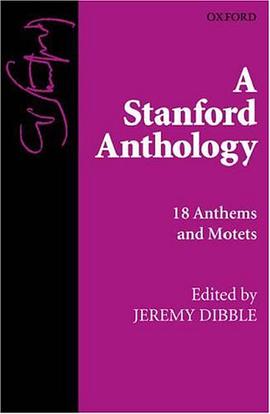

具體描述
Charles Villiers Stanford is invariably remembered as the teacher of many of Britain's first generation of twentieth-century composers, and as the author of many much-loved works for the Anglican liturgy. He was, however, a composers fo great diversity and vision. A symphonist, songwriter, and composer of the Requiem, the Stabat Mater, the memorable, Songs of the Sea, Songs of the Fleet, and the haunting setting of Mary Coleridge's 'The Blue Bird', he aspired most of all to be a successful operatic composer though in this province of composition his fortunes were plagued by disappointment and neglect. More cosmopolitan in outlook than his contemporary, Parry, he was driven by ambition and a sense of mission to advance the cause of British music not only as a composer but as a university professor, practical musician, and public proselyte. Pre-eminent in the 1880s and 90s, he was eclipsed by Elgar during the Edwardian years. Resentment, fuelled by the hurt of Elgar's inaugural Birmingham lecture, served to accentuate an innate irascibility and truculence which blighted his friendships and professional life. Nevertheless, Stanford must be recognised as one of the most natural musical talents Britain has ever produced, which is evident in the extraordinary breadth of his creative output, which, on closer acquaintance, reveals a fecund originality shaped by classical equipoise and fertile melodic gift.
著者簡介
圖書目錄
讀後感
評分
評分
評分
評分
用戶評價
相關圖書
本站所有內容均為互聯網搜索引擎提供的公開搜索信息,本站不存儲任何數據與內容,任何內容與數據均與本站無關,如有需要請聯繫相關搜索引擎包括但不限於百度,google,bing,sogou 等
© 2025 book.quotespace.org All Rights Reserved. 小美書屋 版权所有




















